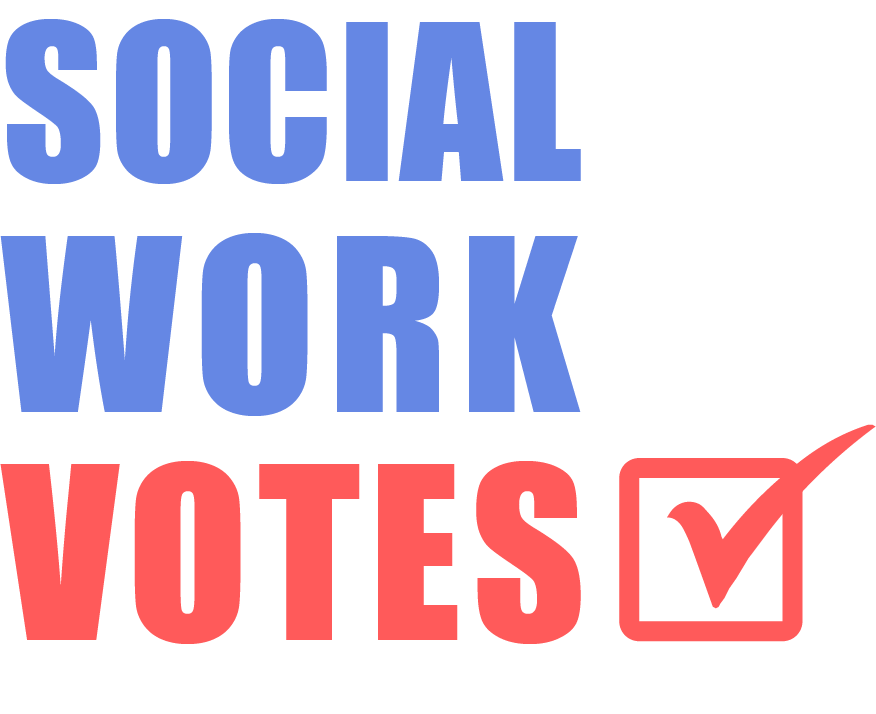Specific Circumstances
+Incarceration
voting + Incarceration
Felony disenfranchisement
Felony disenfranchisement laws prevent roughly 5.85 million Americans from voting. Since 1997, 25 states have reformed felony disenfranchisement laws to expand voter eligibility. Voting rights for previously incarcerated persons vary by state, and with the exception of two states (Maine and Vermont), incarcerated persons cannot vote while in prison for a felony conviction. Due to these confusing laws, many previously incarcerated Americans may not know if they are eligible to vote.
The following links will provide information about whether you are eligible to vote:
Image from https://www.aclu.org/issues/voting-rights/voter-restoration/felony-disenfranchisement-laws-map
Voting From Jail
The majority of people in jail are eligible to vote since they are not serving a sentence for a felony conviction, but many may still experience de-facto disenfranchisement due to lack of access to registration or voting while awaiting trial. Very few people in jail end up voting for the following reasons:
Jail administrators may lack knowledge about voting laws
Bureaucratic obstacles prevent the establishment of a voting process within carceral institutions, thereby limiting voter participation
Lack of access to the internet or inability to contact the local Board of Elections
voting programs in jails
Various jurisdictions across the United States have implemented voting programs for individuals incarcerated in city and county jails. Examples include:
can i vote from jail?
To see if you can vote from jail, check your local Board of Election’s absentee voting requirements. You may find your Board of Election’s site through usa.gov.

